EcoCamp Online: Concrete Jungles – Sustainability in the City
EcoCamp is an annual event initiated and hosted by Dulwich College Shanghai Puxi, and attended by Year 3 students across the Dulwich College International and Dehong schools. Traditionally, Year 3 students would camp at the College, spending time over the weekend learning about and working towards solutions to some of the world’s major ecological challenges.
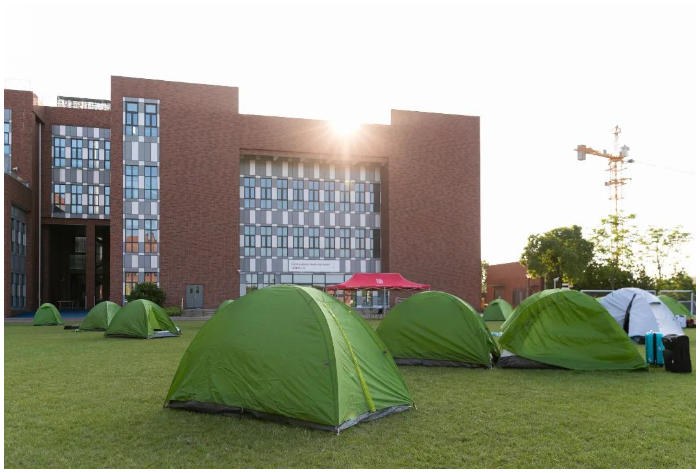
This year, EcoCamp was taken into the participants homes.
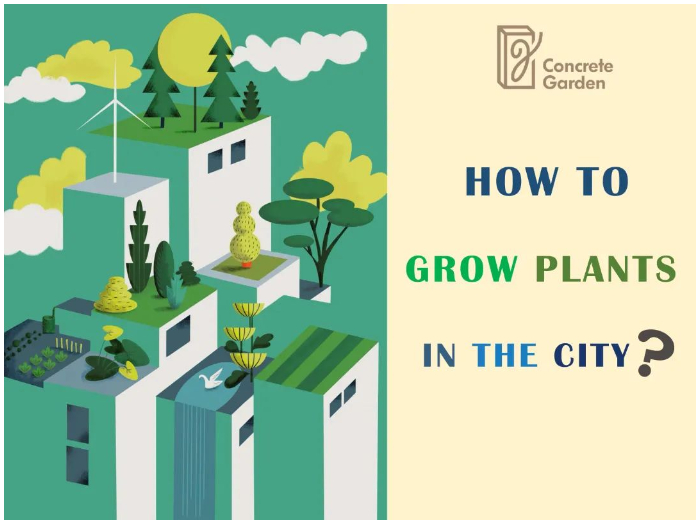
The theme for this year’s EcoCamp was ‘Concrete Jungles’, a chance to bring concepts of nature and sustainability into our concrete filled city, and to demonstrate how agriculture and farming can be brought to urban environments. To support with the camp, we brought in an expert, who led the way in creating small pockets of agriculture within our students’ homes.

Solene Cornilleau is from the group Concrete Garden (www.concrete.garden). The group is based in Taiwan, and offer a range of different workshops and talks based on creating gardens and lessons on maintenance and growth of a range plants.

Concrete Garden is a young social enterprise dedicated to (re)connect city folk with Nature.
Advising at every step along the way from garden design and creation, to maintenance and growth - we want to help your space thrive.
We also aim to provide a deeper understanding of sustainable living by engaging communities, educational institutions, and the private sector through interactive workshops, training, program development, and events.
The day started with an assembly where we discussed how our EcoCamp is linked to the UN Global Goals, and we shared ideas on the importance of gardens in everyday life.
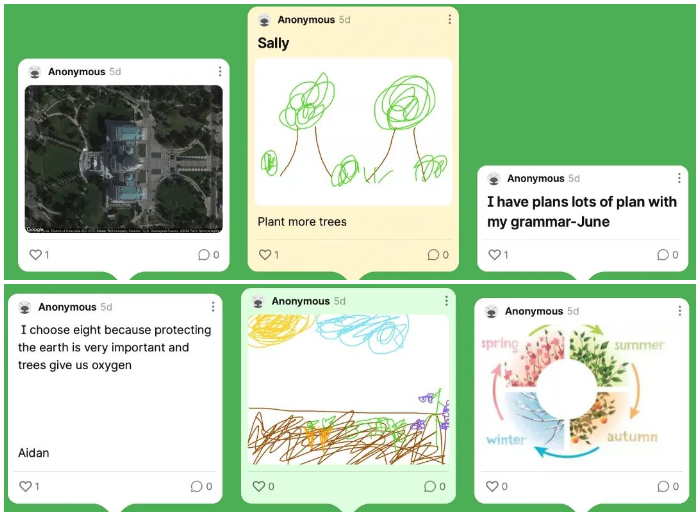
The children were then joined by another specialist, Kevin O’Shea, who is a gardening expert and bug enthusiast, who shared his experiences, passions, and beliefs on the purpose and mission of the day’s activities.
With the children now excited and motivated, the camp then was ready to kick off.
The first activity the children were involved in was all about understanding the benefit of urban jungles. The children engaged in meaningful discussions on why there should be gardens in cities. Inspired, they galvanised their thoughts with innovative ideas such as the need for food, helping the life cycle of insects, learning new skills, and bringing people together. Throughout the day, the children shared their work and ideas on a Padlet page; where they could engage with other students, collaborating and learning from other children and building their knowledge of inquiry.
Once the children had a clear understanding of the goals of the day and reasons why the theme of EcoCamp was important, they asked the question, ‘How can we grow plants in the city?’. Solene spoke about the needs of various plant species that are grown inside or outside and set the children to assess their chosen areas for where their plants would grow. The children had to consider many factors such the weather in different seasons, what the extreme temperatures would be and the potential dangers that they posed. They had to think about the amount of time the plant would need to spend in the sun and shade, threats from wind and other environmental factors. Once all these considerations where shared, the children then were set on their path in mapping out their garden area. They had to include the different sun exposure during the day and protections from the wind.
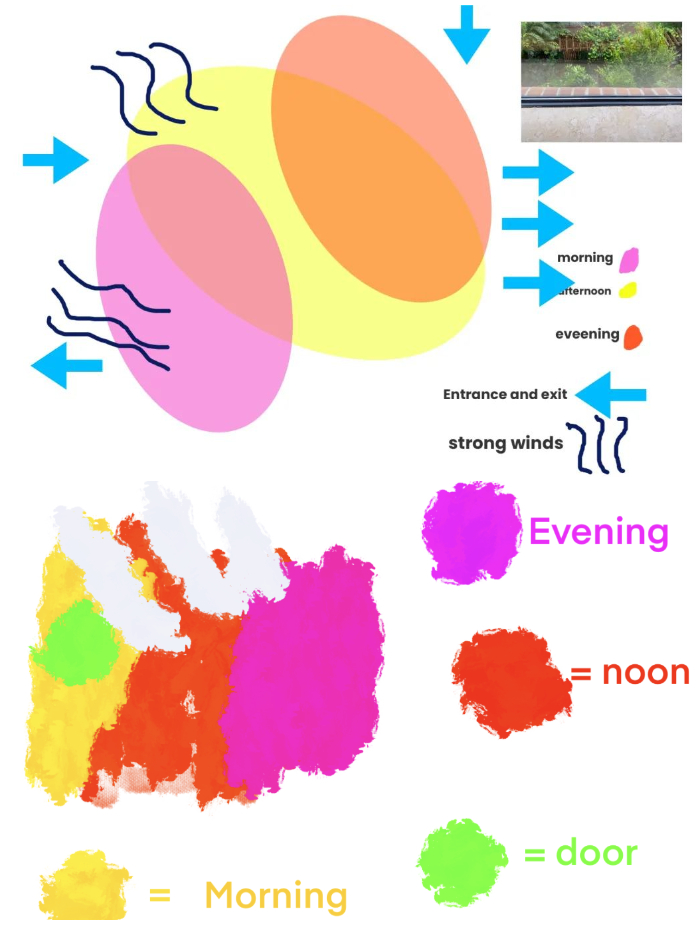
When the children had planned their sites, they then had to think about the security of their plants.
- Could their pots fall to the floor?
- Would there be anything that could impact or fall on their plant?
Amongst other questions; they were encouraged to develop their thoughts with probed discussion about the potential safety risks. The children spent some time thinking about this and then then moved onto their own personal goals for their garden.
Some of these goals included:
- Setting how much time would they be able to spend caring for their garden
- Listing what they would like to learn about the maintenance of their garden
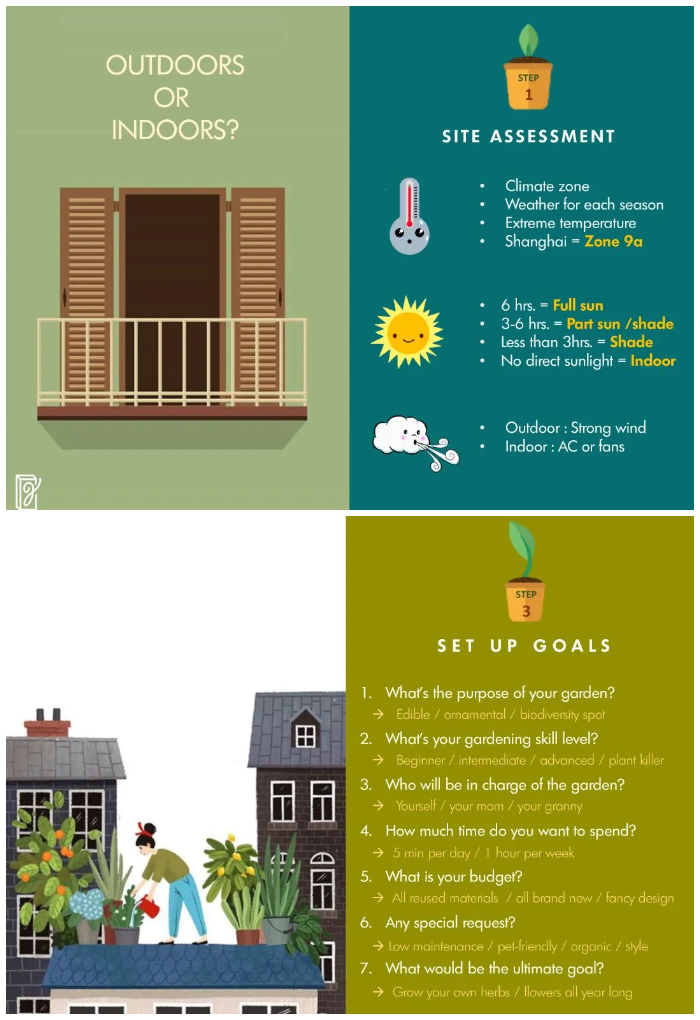
The children made a small video which was shared on their Padlet page where Solene could engage with all the different children’s ideas and questions.

Now it was time for the children to make their gardens and follow the step-by-step guide by Solene.
It was really nice to see the children use all the upcycled resources such as the food waste, recycled soil and pots. The children had to listen and follow all the instructions and were exposed to some advanced gardening skills. It was amazing seeing so many excited children all working harmoniously and asynchronously: and, as a result, turning into budding gardeners. Solene was taken aback by how well the children engaged and how they were able to follow each step carefully.
Finally, the children had to learn about how to maintain their gardens so they had the best chance of surviving.
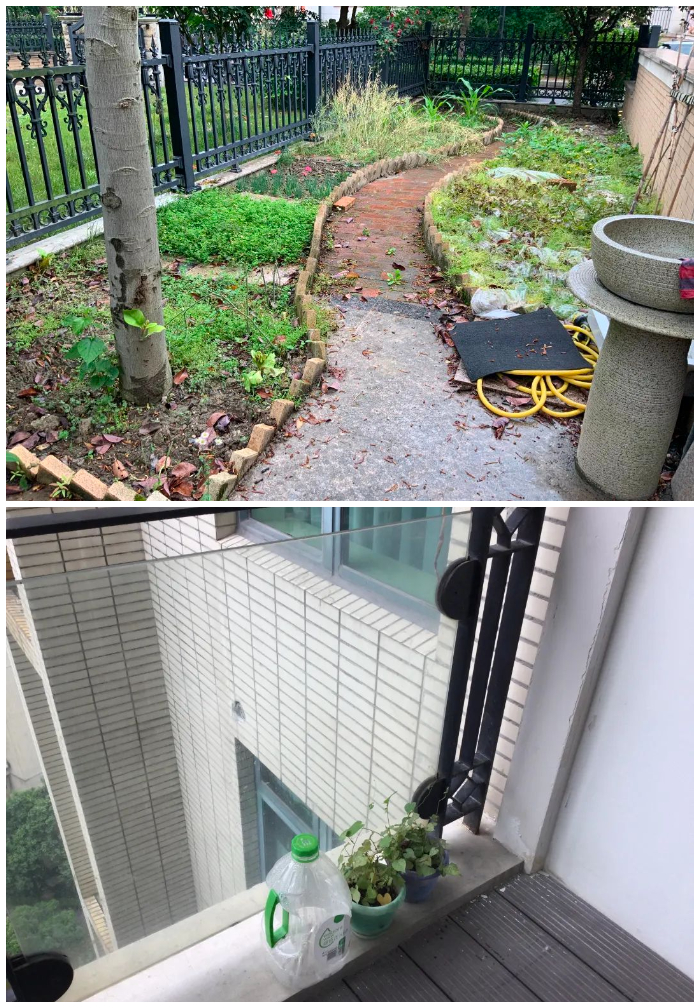
In the evening, although we were not able to set up camp on campus again this year, the students set up their own camps at home. Some pitched tents, while others built little forts. Once everyone was settled in, we spent time together reading some stories and sharing our memories from this year’s EcoCamp.
While we certainly hope that next year’s EcoCamp can return to campus, we made the best of the situation and in fact, having the students participate from their own homes was a great opportunity to put the theme of Concrete Jungles into practice, with students making their very own urban gardens at home.
The Year 3 children and staff would like to thank Solene Cornilleau from Concrete Garden for all her help and support for this year’s EcoCamp. It was a fantastic time, and I have enjoyed seeing our children grow and thrive, just like the budding plants in their urban gardens.





